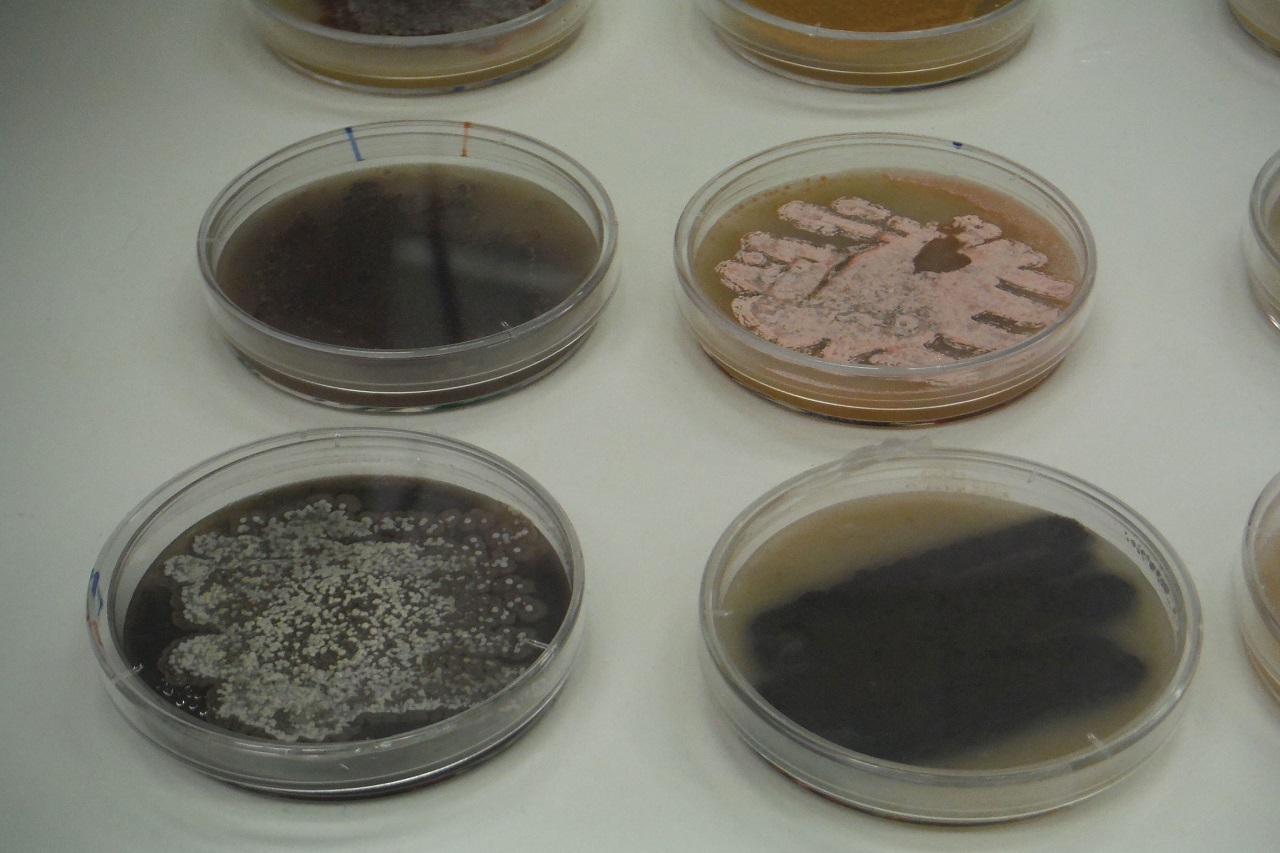What it is about

Through biotechnology, it is possible to obtain new varieties of plants: perhaps the best known technique (but also the most controversial) is the production of genetically modified organisms, but today it isn't the only way...
For example, marker assisted selection can be implemented: it is based on the principle that there are individuals belonging to the same species which show different characteristics.
If we identify the genetic sequences associated with these characteristics (markers) and we repeat crossings made between the samples that possess them, genes and, therefore, the chosen features end up "nesting" in the new variety.







